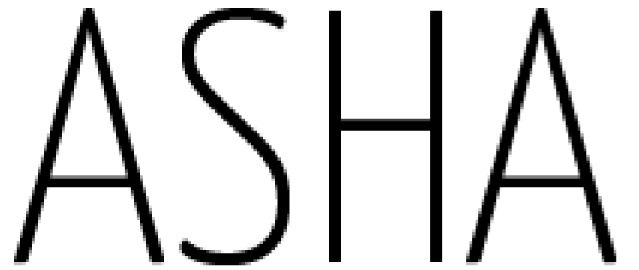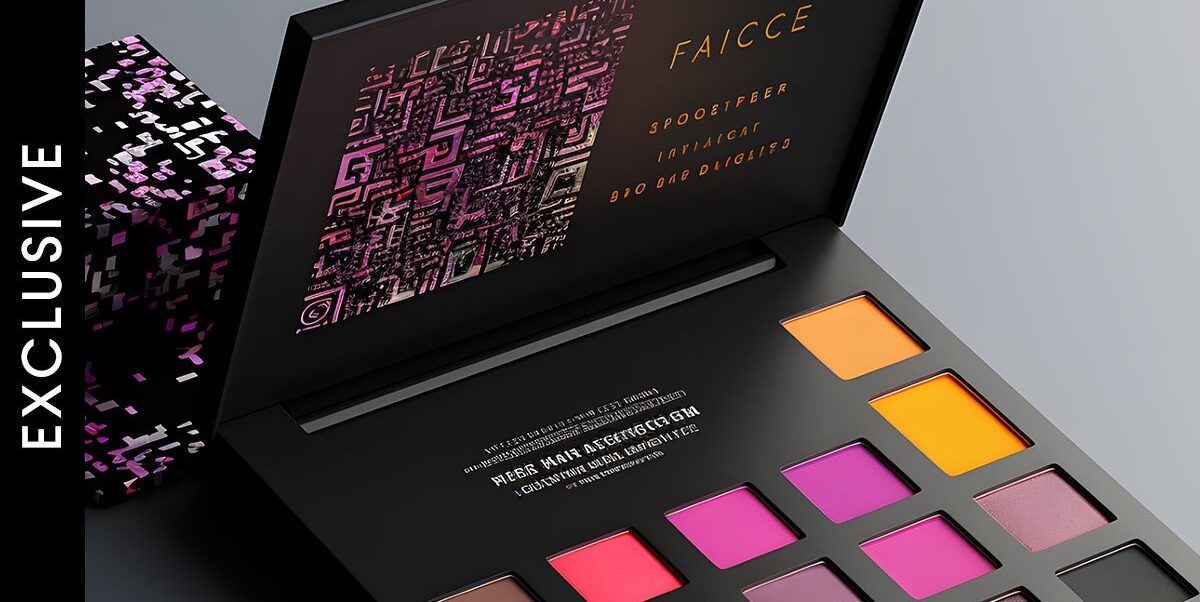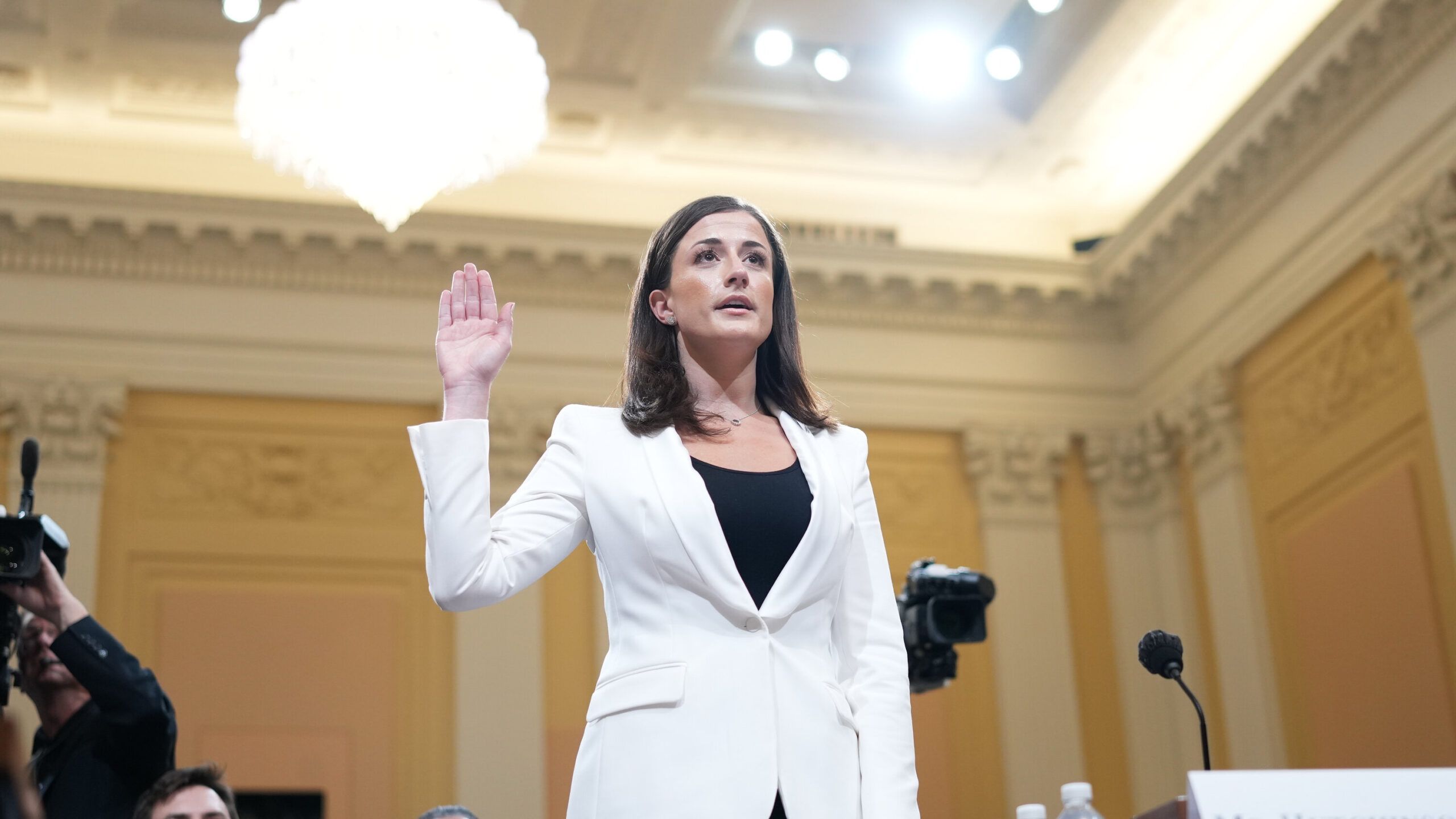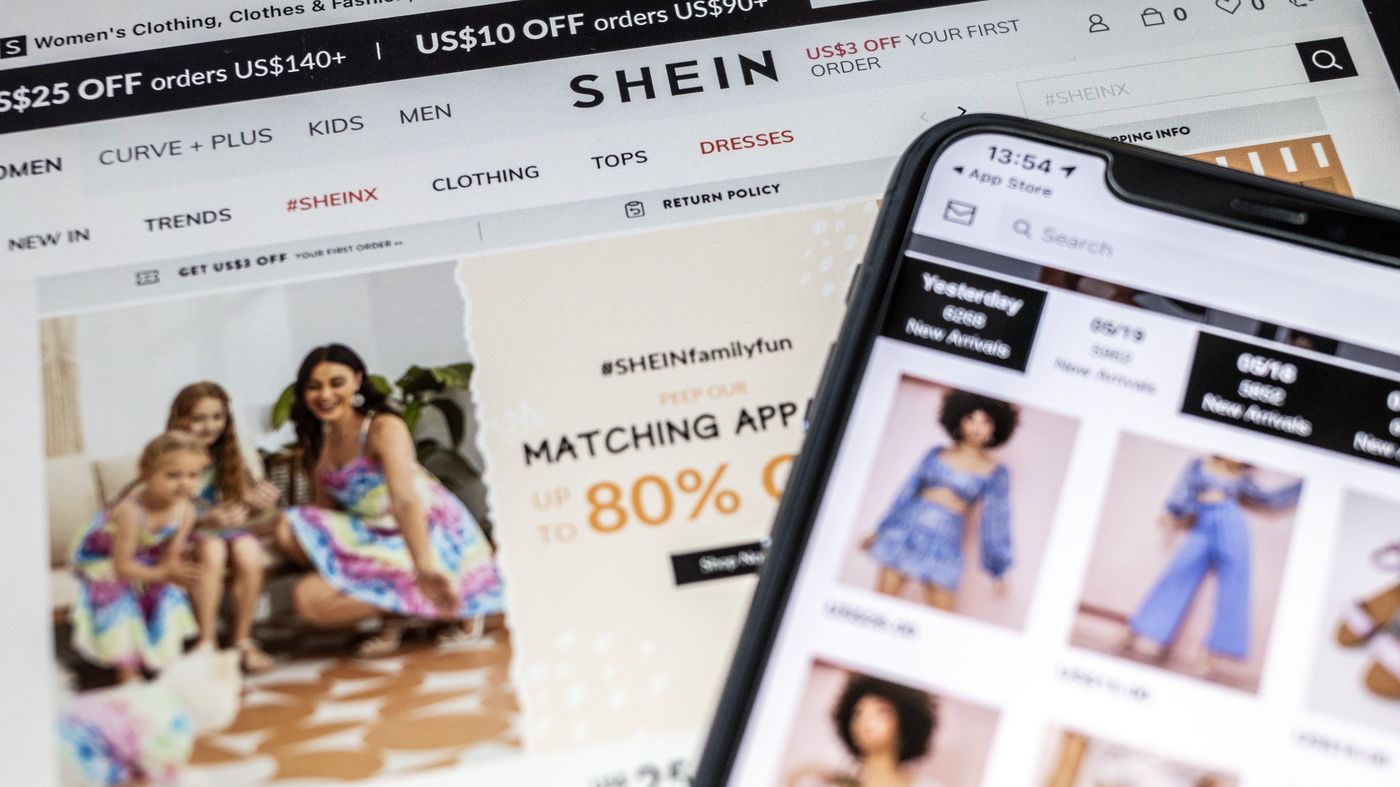
This article on AI trends is part of our Vogue Business membership package. To enjoy unlimited access to our weekly Technology Edit, which contains Member-only reporting and analysis and our NFT Tracker, sign up for membership here.
An eyeshadow palette connected to a moodboard-style playlist, a branded pop-up museum and a trench coat with hidden pockets: these are among the new ideas most likely to tap into the emerging consumer zeitgeist, according to a new trends report informed by generative artificial intelligence tool ChatGPT.
AI platform Spate used a year’s worth of its own data — starting in April 2022 and spanning two billion Google Search signals — to identify trends across 12 categories (beauty, fashion, arts and entertainment, food and beverage, social issues, design, sports, tech, events, finance, home and pets). Then, it fed the Spate trend results into ChatGPT and asked it to uncover underlying themes and behaviours. Human researchers curated the final findings.
Generative AI tools, including ChatGPT, stand to make the art and science of trend forecasting far more comprehensive and efficient than current processes that use machine learning, says Olivier Zimmer, co-founder of Spate. In addition to being able to “connect the dots” across multiple diverse categories to generate findings and custom recommendations by industry or brand, it can also save time. Normally, category-specific trend analysts would need to manually sift through and interpret data signals and then connect findings with those from analysts studying other categories, Zimmer says. This process could take a full year for a traditional agency. Now, he says, this type of research can take hours. Generative AI was able to better identify hidden patterns between the various data points, adds Spate co-founder Yarden Horwitz.
Zimmer and Horwitz are former Google Trends researchers who led Google’s Trendspotting division, including developing a way to predict the lifecycle of trends based on what people are searching on Google. In 2018, the two founded Spate, based on what they knew about analysing Google Search data, focusing on beauty and wellness for companies including L’Oréal and Estée Lauder. Now, with ChatGPT, its founders say, the company is able to analyse consumer trends across multiple categories, meaning that Spate no longer specialises only in beauty. “So much work is put into understanding the consumer from a holistic perspective. Ultimately, it’s the same consumer who is looking for the latest trendy skincare ingredient, mortgage interest rate or a zucchini recipe.”




